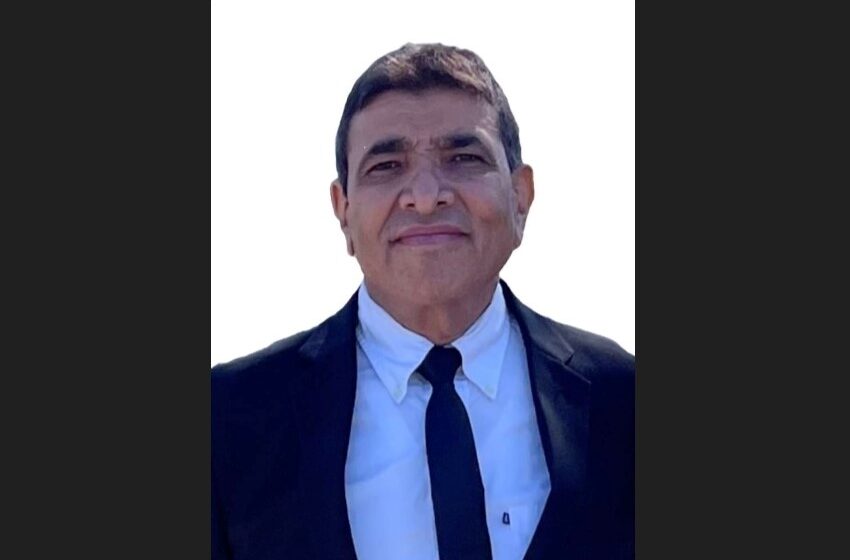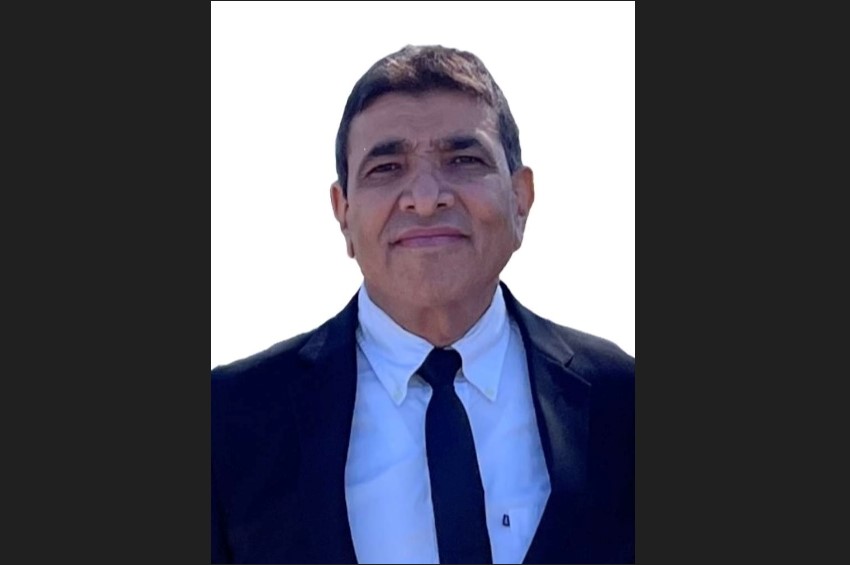Bone health: How to keep our skeleton strong?

 Noted Indian American osteoporosis specialist Dr. Ranjodh Gill shares key insights on the importance of keeping our bones healthy
Noted Indian American osteoporosis specialist Dr. Ranjodh Gill shares key insights on the importance of keeping our bones healthy
By Venkatesh Raghavendra and Payton Souders
Dr. Ranjodh Gill MD is an endocrinology, diabetes & metabolism specialist in Richmond, Virginia, and has over 35 years of experience in the medical field. He specializes in osteoporosis and bone health screening at VCU Medical Center in Richmond, Virginia.
Recently, Dr. Gill was elected president of The International Society for Clinical Densitometry (ISCD), a global association that advocates for the importance of bone health and proper health education.
Read: SKN Foundation gala to discuss South Asians’ heart health (September 5, 2022)
In today’s world, we hear a lot about how to keep our bodies healthy, as well as what unhealthy behaviors to avoid. Most modern dialogue on health focuses on gut health, respiratory health (especially after Covid), and the importance of a healthy diet and exercise.
One thing that is missing from this conversation is bone health; why is it so important to keep our bones healthy, and how do we do it?
Dr. Ranjodh Gill would like us all to think more about our bone health. Payton Souders and Venky Raghavendra of the American Bazaar sat down with him to talk about his life, expertise, and helpful health advice.
AB: You are an endocrinologist by profession. Can you explain to us what this means and why this matters in terms of an individual’s overall health?
RG: Endocrinology is a medical discipline dealing with the role of hormones and other biochemical mediators in regulating bodily functions and with the treatment of imbalance of these hormones.
Nowadays, endocrinology also includes metabolism which deals with energy expenditure and disorders resulting from its malfunction. The word ‘endocrine’ denotes glands which secrete hormones or other products directly into the blood and work on different body tissues away from its source. The hormones control different organs in the body and both their access and deficiency lead to different disorders.
Read: 2022 Hope Gala spotlights South Asian community’s heart health (September 24, 2022)
AB: Why have you dedicated your career to bone health? Why is it something we should all care about?
RG: Bone health is an integral part of the endocrinology system where hormones play a key role. Many people do not understand the term ‘osteoporosis’ which essentially means thin bones.
To a lay person, it may mean a bone that is actually thinner in girth. But what it truly means is that the bones become hollow or porous from inside. Having osteoporosis puts patient at a higher risk of breaking a bone with minimum or no trauma.
Osteoporosis is a ‘silent disease’ until a patient fractures. It has a huge social and financial burden. In the elderly, after a hip fracture requiring hospitalization, there is a 1 in 5 chance of dying within first year.
As an endocrinologist who has a special interest in bone health or metabolic bone disorders, it gives me a great opportunity to educate the patients about having ‘strong’ bones and to maintain them.
It has been shown that if a person has a weak ‘bone mass’ at a young age, one never catches up since there is a normal gradual decline after a certain age. People that have low bone mass in childhood and young adulthood are at a disadvantage when they start losing bone mass naturally.
Read: Sai Aashraya: Servicing the most marginalized with love (August 6, 2022)
AB: Our huge congratulations on your recent inauguration as the President of the International Society for Clinical Densitometry. Could you tell us more about this organization and your role?
RG: The International Society for Clinical Densitometry (ISCD) is a professional association dedicated to advancing high quality musculoskeletal health assessment in the service of superior patient care and to make quality musculoskeletal health assessment accessible for people everywhere.
It is a truly global organization with each continent represented in its membership. The leadership is comprised of volunteer members from across the globe who are experts in their fields.
The ISCD provides guidance and education for testing and treatment related to osteoporosis and other metabolic bone disorders. It establishes guideline called position statements about standards of care in testing and treatment.
Among its multiple functions, the ISCD administers education courses and conducts tests for accreditation of health care providers including physicians, technicians and health care facilities.
In my role as president, I provide guidance and oversee its daily operations in concert with its CEO. I also preside over quarterly board meetings, executive committee meetings and plan educational seminars and meetings around the world.
AB: On top of being a physician, you are also a distinguished professor at Virginia Commonwealth University (VCU) School of Medicine. What led you to this work, and what is your favorite part of being an educator?
RG: My teaching career started right after my professional education which has spanned over twenty-five years in the US. I teach at different levels ranging from university undergraduate courses to graduate and post graduate courses at the medical school and hospital level.
It is highly gratifying and fulfilling. It gives me a tremendous sense of pride and accomplishment when my students excel in their respective fields and communicate with me continuously after they have completed their education.
Being a teacher also keeps me motivated to learn and acquire new knowledge as medicine is a field of lifelong learning. Being a teacher also gives me an opportunity to teach and counsel my patients because along with medical treatment, they also need to be educated about their disease and how to keep themselves healthy.
Read: Rosa Wang: If men and women own phones at same rate, there would be 200 million more phone owners (April 23, 2022)
AB One of your favorite quotes is “the good physician treats the disease; the great physician treats the patient who has the disease,” by William Osler. What does this quote mean to you?
RG: One of the main principles of medicine is to treat the patient as a whole and not in compartments. A physician must know the patient fully to be able to effectively treat a disease since every patient is different and presents differently.
One has to take into consideration patient’s general health, demographics, race, socio-economic status, etc. all of which have a bearing on disease presentation and outcome. In medicine, exceptions make the rule which is to say that one has to adopt heuristic methodology and always think of broad possibilities.
Patients do not read text books. it is often said and I truly believe that uncommon presentations of common diseases are more common than common presentations of uncommon diseases.
AB: Can you leave us with any last tips and tricks on how to stay healthy, especially in this post-covid world?
RG: There is an old saying that health is wealth. It requires a lot of discipline to stay healthy, especially in this modern era when there are a lot of distractions to not engage in healthy activities.
There is no one solution or prescription for everyone bit it has to be an individualized approach. There are several components of an approach to staying healthy, important ones of which are regular exercise, eating a balanced diet, avoiding intoxicants, ensuring good sleep, etc.
According to the world health organization, health is a state of complete physical, mental and social well being and not merely absence of disease or infirmity. Healthy should not just be fad but a discipline which is as much an individual responsibility as is societal.
There are social determinants of health with a significant impact. As a society, it is a collective responsibility to promote healthy life style and provision of equitable access to empower all humans.
(Venkatesh Raghavendra is a Contributing Editor of American Bazaar and a global social entrepreneur. Payton Souders is a young professional working in the nonprofit development space)
